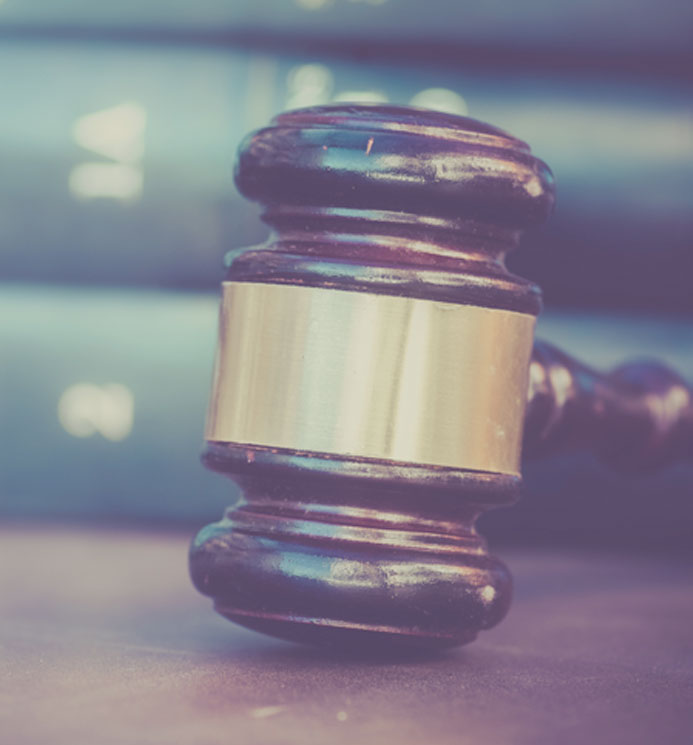Over 30 years of Excellence

Over 30 years of Excellence
The Crown Court is definitely the thing most people think of when they picture a courtroom, but in reality, only 6% of criminal law cases make it to the Crown Court , this is because it is reserved for the more serious offences only.
We provide a free initial consultation in criminal cases. We do not handle Legal Aid cases. We do not act on a no win, no fee basis. All enquiries are completely confidential.
Cases are sent to the Crown Court because they are too serious for magistrates to handle or because a defendant has chosen to be tried in the Crown Court. The Crown Court is more formal than the magistrates’ court and has tougher sentencing powers.
Magistrates will send a case to the Crown Court for a few reasons. First, because it is an offence that only the Crown Court can deal with. Secondly, because it can be tried in either the magistrates or Crown Courts – this is called an either-way offence – and the magistrates have decided that it is too complicated for them or that their sentencing powers are insufficient and finally because a defendant accused of an either-way offence has elected Crown Court trial.
We provide a free initial consultation in criminal cases. We do not handle Legal Aid cases. We do not act on a no win, no fee basis. All enquiries are completely confidential.

Unlike the magistrates’ court where sentencing is restricted to six-months imprisonment for a single offence or 12-months for two offences, the Crown Court has no such limitation on its sentencing powers and may impose any sentence allowed by law once an offence is proven against you.
Crown Courts are a big step up in formality compared to the magistrates’ court. The rules of evidence are enforced far more stringently than in the magistrates’ court, which means it is important for us to ensure any defence evidence is compliant with the law but also means that there may be additional opportunities for excluding prosecution evidence that is non-compliant. Forensic evidence is one area where the prosecution struggle to follow the rules and their evidence can often be challenged.
When preparing a Crown Court trial, we will use our robust and well-tried case preparation system to ensure that the prosecution case is picked apart by your solicitor and that everything is brought to your barrister’s attention well before the start of trial.